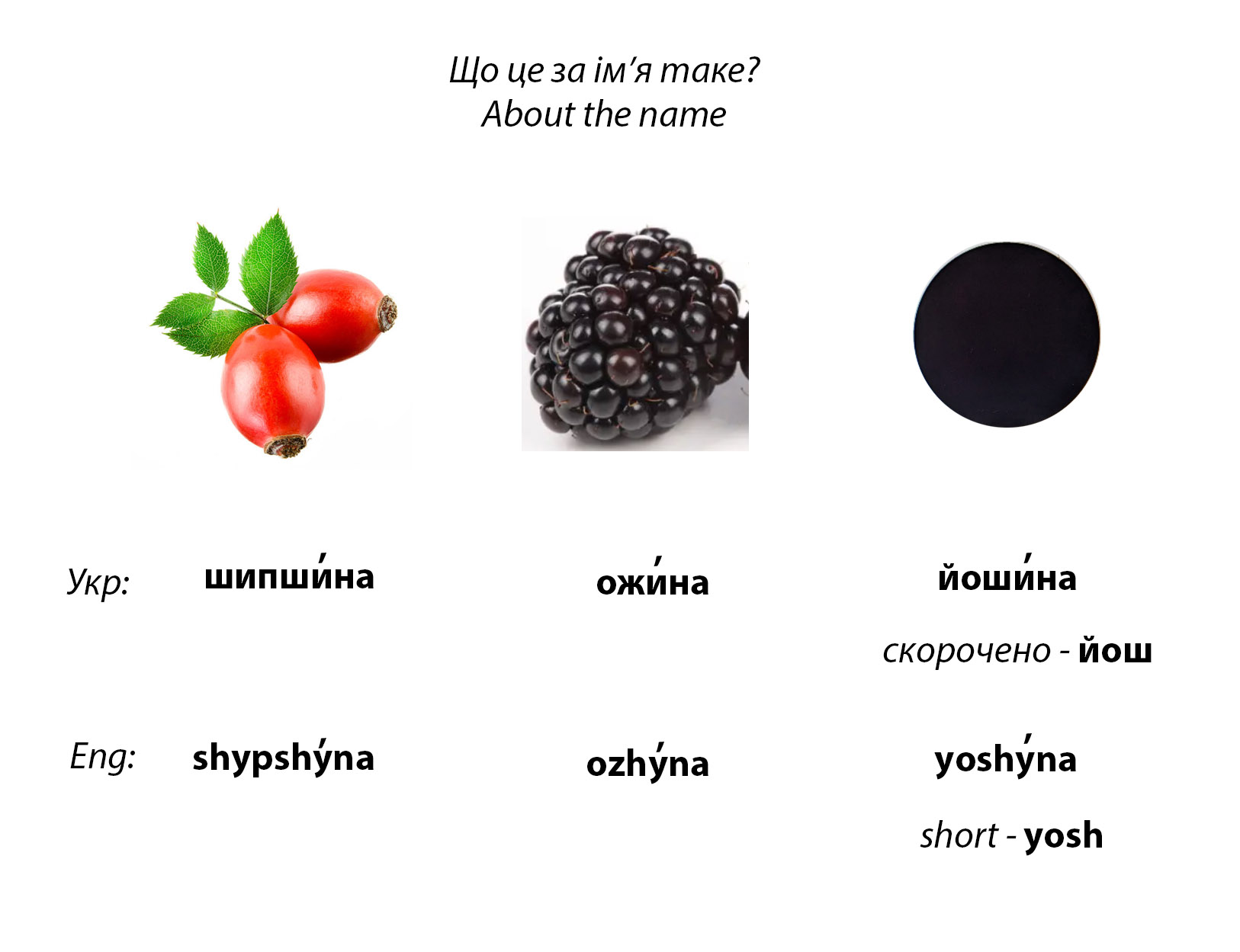Yosh was born four years before Ukraine’s independence in Chernihiv, one of the oldest cities in Ukraine, known for its wooden architecture, ancient churches, and black forests. At school, she showed a penchant for mathematics, the struggle for justice, as well as drawing and creativity. There, she made her first socially significant action when she gave a lecture about the dangers of smoking to her class. She graduated from high school with a silver medal.
She went to get her higher education at the Kharkiv National Academy of Municipal Economy (2004-2010). During her student years, she lived in a corridor-type dormitory on a cozy Olminskoho Street (now Maksymilianivska) with wide sidewalks, historic villas, and huge trees. Every day she walked to the academy along Pushkinska Street (now Skovoroda Street), where a tram ran. A few years later, Yosh was struck by the decision of the city managers to dismantle the tram line and cut down the trees on the street. This was the first motivation to make an activist gesture of resistance. It the same period, she joined various architectural groups during her studies.
She graduated with a master’s degree in architecture, specializing in urban planning. The topic of her thesis was Architectural and Urban Planning Formation of the Rehabilitation Living Environment of a Modern City. It proposed to renovate the Saltovka residential area in Kharkiv, which is known for its depressing 16-storey panel buildings, by adding elements to the public space that would facilitate daily recovery.
She found a favorable environment in Kharkiv and met friends, including photographers, musicians, painters, poets, and art enthusiasts. After exploring the cultural scene, she had a desire to be a part of it and a vision of how to develop the art scene. She tried to organize cultural events. At the Kharkiv Literary Museum, she met the youth organization FRI. She joined actions and campaigns, helped organize all-Ukrainian congresses. One of the key campaigns was “Save Bommer”. The Bommer is the oldest still functioning stationary cinema in Europe (founded in 2008), and members of the regional council were trying to sell it.
Bommer became the first place of permanent work after the victory of the campaign. The Bommer is a cinema with a damp smell, preserved film equipment, and an exquisite selection of art house films. Updated chairs, but old equipment. The repertoire was selected, but there was no proper heating. Yosh spent days and (movie) nights there, and once they even organized a party with DJs that left a hole in the movie screen as a foreve rlasting memory. Life was bustling in every corner of Bommer. They watched vampire movie retrospectives in the pit, and built a theater stage upstairs. They listened to the history of rock music in the study. Yosh and her friends hand-painted chairs and rewound film on reels.
Having gained invaluable experience, she found a new promising place for the development of film culture in Lviv. There, she took up the initiative of the Wiz-Art short film festival and launched a permanent cinema in the Lviv Palace of Arts. At the same time, she helped film enthusiast Stas Tarasenko to create an educational lecture hall called “Visionary”. In Lviv, she discovered powerful urban initiatives that did not destroy old heritage but developed and nurtured it. She joined the annual City Workshop festival with her new friends and eventually founded the Feminist Workshop, a non-governmental organization that she later headed. From 2019 to 2022, she was engaged in the development of the organization as her main job.
In 2022, she switched to building the international feminist community. She was intensively involved in fundraising to support Ukrainian civil society, participated in international conferences and projects. She founded and was the first head of the Ukrainian Feminist Network for Freedom and Democracy. In 2022-2023, she worked from Potsdam, Berlin, London, and Vienna, establishing connections for Ukrainian civil society there. In December 2023, she returned to Lviv.
Bonus:
